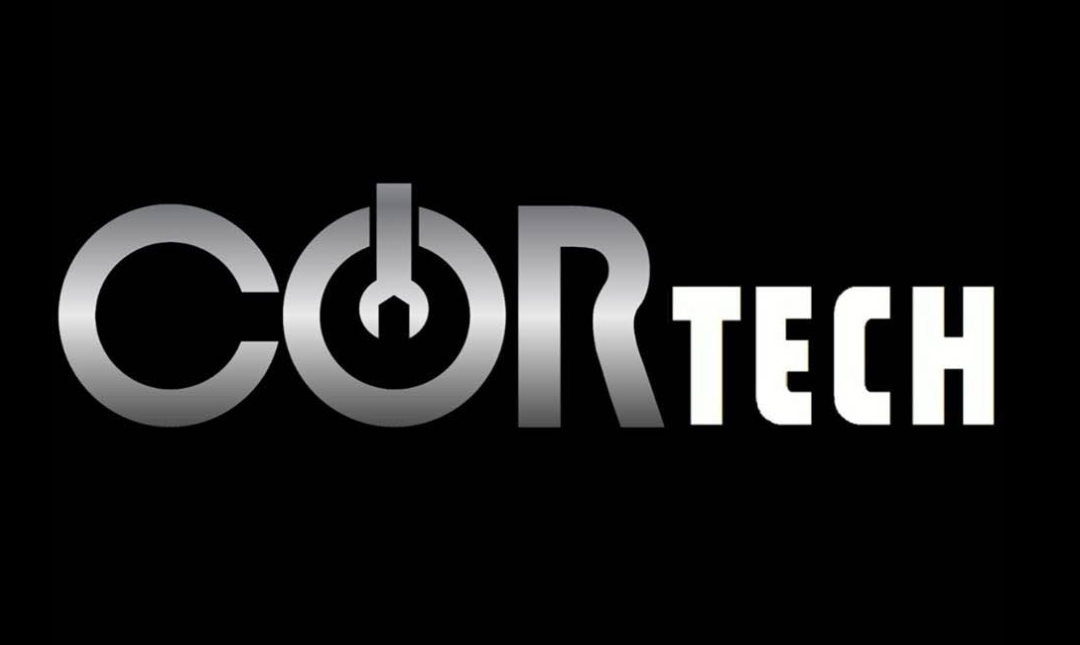The journey to homeownership is an exciting adventure, marking a significant milestone in one’s life. However, navigating the path to purchasing a home involves careful planning and consideration, especially when it comes to securing mortgage approval. Understanding the essential financial considerations that lenders look for is crucial for prospective homebuyers aiming to turn their homeownership dreams into reality. In this blog post, we’ll explore the key financial factors that influence mortgage approval and provide insights to help you navigate the road to homeownership successfully.
1. Creditworthiness:
Your credit score is a critical factor that lenders consider when assessing your mortgage application. It provides insight into your credit history and repayment behavior, serving as a measure of your creditworthiness. Lenders typically prefer borrowers with higher credit scores, as they demonstrate a history of responsible financial management. Before applying for a mortgage, it’s essential to review your credit report, address any discrepancies, and take steps to improve your credit score if necessary.
2. Debt-to-Income Ratio (DTI):
Your debt-to-income ratio (DTI) is another important metric that lenders use to evaluate your financial health and ability to repay a mortgage. DTI compares your monthly debt payments to your gross monthly income, giving lenders a snapshot of your debt obligations relative to your income. Lenders typically prefer borrowers with lower DTI ratios, as they have more disposable income available to cover mortgage payments. To improve your DTI ratio, consider paying down existing debts or increasing your income before applying for a mortgage.
3. Down Payment:
The size of your down payment is a significant consideration for mortgage approval. A larger down payment not only reduces the amount you need to borrow but also demonstrates financial stability and commitment to homeownership. While conventional wisdom suggests a 20% down payment, many lenders offer loan programs with lower down payment requirements, allowing borrowers to purchase a home with as little as 3-5% down. However, a higher down payment may result in more favorable loan terms and lower monthly mortgage payments.
4. Employment and Income Stability:
Lenders prefer borrowers with stable employment and consistent income, as they are considered lower risk. Before approving a mortgage, lenders will verify your employment history and income stability to ensure that you have the means to repay the loan. If you’re self-employed or have irregular income, providing additional documentation, such as tax returns and profit-and-loss statements, can help demonstrate your financial stability to lenders.
5. Savings and Reserves:
Having savings and reserves can provide a financial safety net and demonstrate your ability to weather unexpected expenses or financial hardships. Lenders may require borrowers to have reserves equivalent to several months’ worth of mortgage payments, property taxes, and homeowners insurance premiums. Building up your savings and reserves before applying for a mortgage can improve your financial standing and increase your chances of approval.
Navigating the road to homeownership requires careful consideration of essential financial factors that influence mortgage approval. By understanding the importance of creditworthiness, debt-to-income ratio, down payment, employment stability, and savings, prospective homebuyers can position themselves for success and increase their chances of securing a mortgage. Whether you’re a first-time homebuyer or a seasoned homeowner, taking proactive steps to strengthen your financial profile and meet lenders’ criteria is essential for achieving your homeownership goals. With diligence, preparation, and informed decision-making, you can navigate the road to homeownership with confidence and turn your dream of owning a home into a reality.
Are you in need of a mortgage broker? Contact Elev8 Mortgage today!






